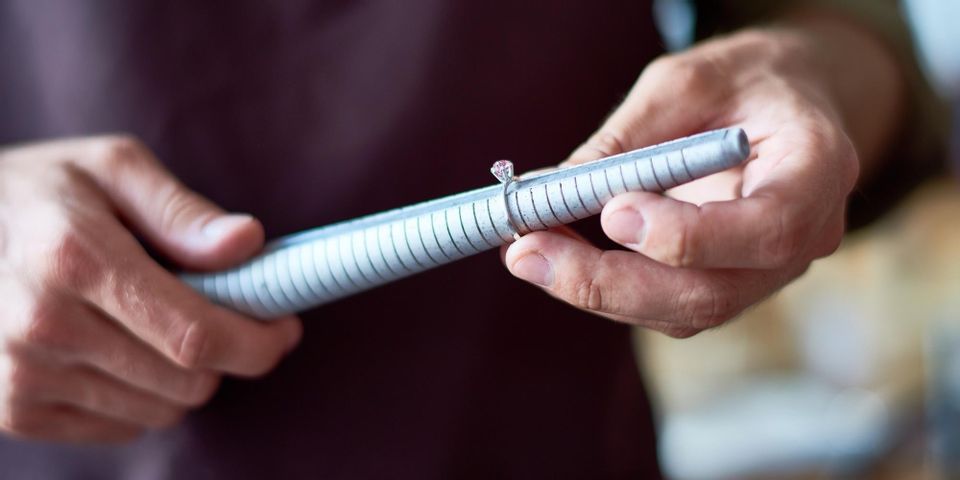
Pawnbroking is one of the oldest professions still existing in the world today. Pawn shops have lent money using belongings as collateral for thousands of years. But each culture has borne different attitudes toward this arrangement, and some forbid it entirely. Here are a few examples of how pawnbroking was treated in the distant past.
Ancient China
 Over 1500 years ago, Buddhist monasteries in China ran the region’s first pawn shops. Being exempt from certain taxes, these monastery businesses became popular places to invest even for laypeople. Later, the practice of pawnbroking spread beyond monasteries to dedicated businesses which might buy gold and other valuables from those in need of quick money.
Over 1500 years ago, Buddhist monasteries in China ran the region’s first pawn shops. Being exempt from certain taxes, these monastery businesses became popular places to invest even for laypeople. Later, the practice of pawnbroking spread beyond monasteries to dedicated businesses which might buy gold and other valuables from those in need of quick money.
Mosaic Law
Ancient Mosaic law includes a prohibition against collecting interest when lending to other faithful followers, making the profitable operation of a pawn shop within the group impossible. However, it is allowable for members of the Jewish faith to practice pawnbroking with people outside the faith, and in some other cases, the rules were bent or ignored. Early Christians were placed under similar constraints until the Protestant Reformation, with similar results: pawn shops that were not officially allowed, but operated anyway.
The Church in Europe
As a public service, the Vatican tried many times to create an interest-free pawn system which would allow the poor to borrow money. However, these efforts failed to account for the operating costs of such a pawn shop, and they frequently failed. Only when the Vatican began charging enough interest to cover costs did the pawnbroking profession become self-sustaining as well as legal.
The American Trading Company in Cincinnati, OH, has used its 50-year history to establish itself as a trustworthy, competitive pawn shop. They offer fair values for every customer, and they are happy to buy coins, jewelry, firearms, and other valuables. For questions about their rates or their stock, call (513) 661-3633 or reach out online.
About the Business
Have a question? Ask the experts!
Send your question

